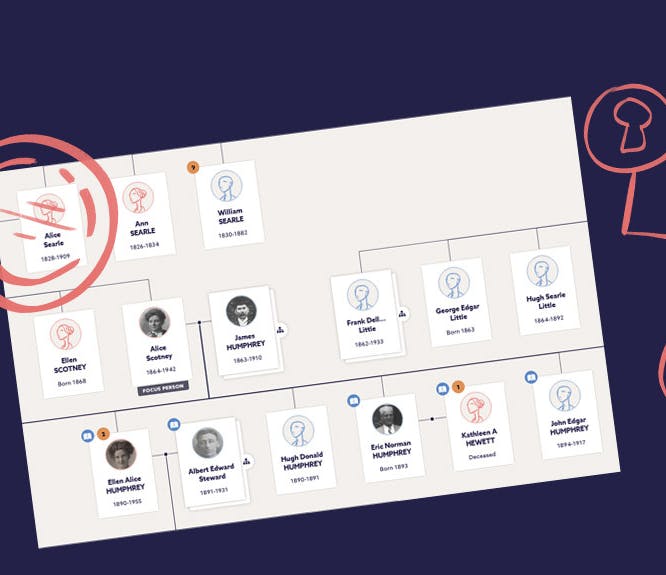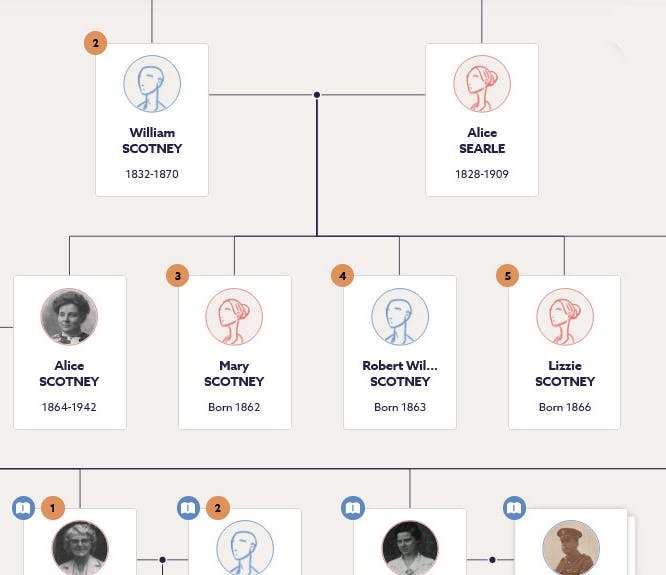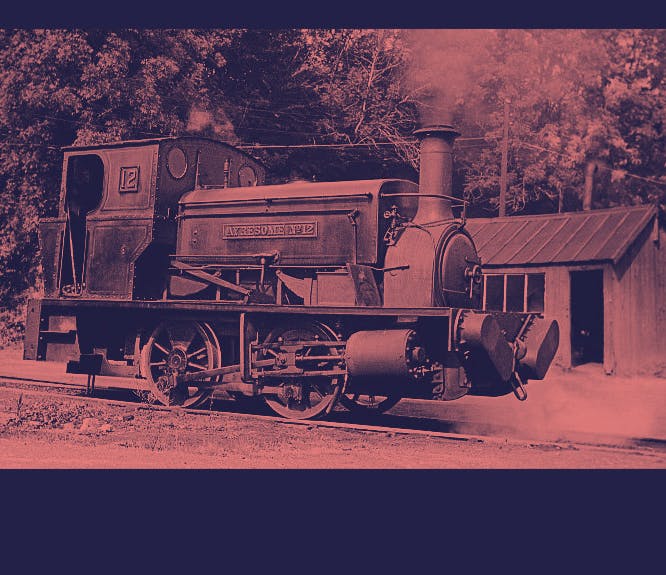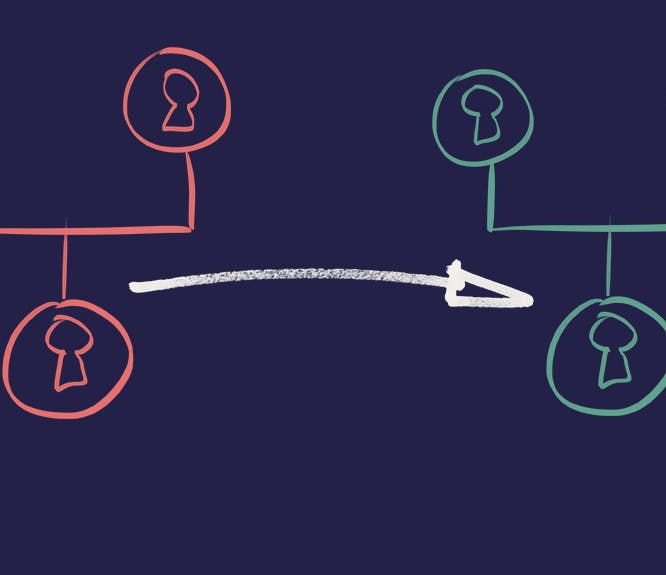The 4 types of genealogy records you should search first
2-3 minute read
By The Findmypast Team | January 2, 2020
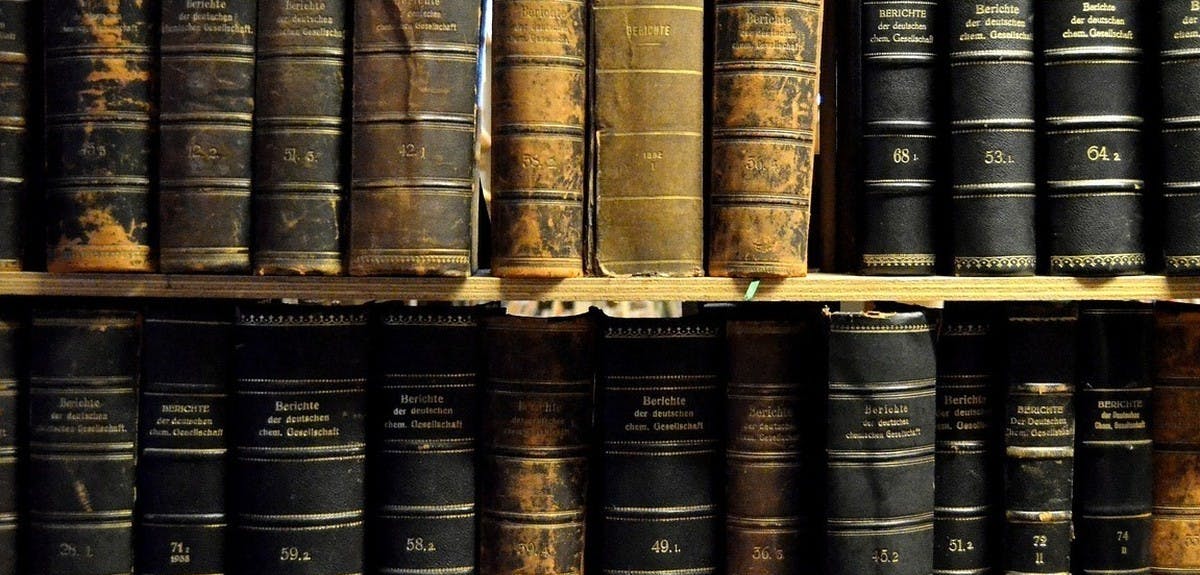
New to family history? Here are four great record collections to start your genealogy search with.
When you're just getting started with genealogy research, it's a good idea to pick one specific record set or collection to search before moving to another so that you're keeping track of your research. It's much simpler to stay organized and manage your research when handling one record at a time. Plus, searching individual record sets yield better search results.
Census records
Census records are essential to genealogy research because they can indicate family relationships, reveal vital details about your ancestor's life, and they were required by the government, so it is very unlikely that your ancestor would be missing from the census (although this does happen). The first US census was taken in 1790 and has been recorded every 10 years since, so you have many decades at hand to search and trace your family. There are over 678 million records included in our US and Canada census collections, and experts estimate that approximately 90% of the US population was successfully captured in each census, so it's very likely that you will find your ancestors within census records. Since censuses contain household information, who is related to who in your family tree and learn vital information such as birth and death years as you go.
Interested in learning more about searching the US census records? Here's everything you need to know.
But if you think the census records are just for beginners, think again. It's always a good idea to revisit them as you uncover more about your family history because there are mistakes recorded and you never want to rely on a single source for confirming facts about your family.
Marriage records
Marriage records are a great place to search for your ancestors early on because they provide information on both your ancestor and their immediate family members. A marriage record will likely give you two sets of details, one for the bride and one for the groom. Both will contain information on each side of the family, revealing maiden names and family relationships you may not have uncover other records you've search.
Findmypast is the perfect place to search for your family's marriage records because our US marriages collection will be the largest of its kind online when complete. It spans 350 years and comprises over 100 million records, with 450+ million names for you to search. We're regularly adding to this collection too, so if you don't come up with any results in your first search, be sure to check back later.
Birth records
Birth records are essential for genealogy research because they cover key life events and include helpful information to take your family history back further. Birth records are often primary sources, sources that were created at the time of the event, so the information on them is pretty reliable. Having these solid family history sources help you form a framework for verifying information as you progress in your research.
Death records
Death records are similar to birth records in that they record key life events and include helpful information about your family members. Death records are also great signposts for your research because they will help you develop a clear timeline and evaluate family relationships based on the information provided. It is essential to search for death records early in your family research because they are the most recent records for the ancestor you're tracing. Remember, it's always best to start with the most recent records and move backwards from there. Not sure how to find information on your ancestor's death? Here is a guide to help get you started.
Starting with these four record collections will provide you with those vital details to help you create clearer, more organized timelines as your genealogy research progresses. What's more, these staple records often lead to discoveries in other resources, helping you learn even more about your ancestors and bring their story to life.

